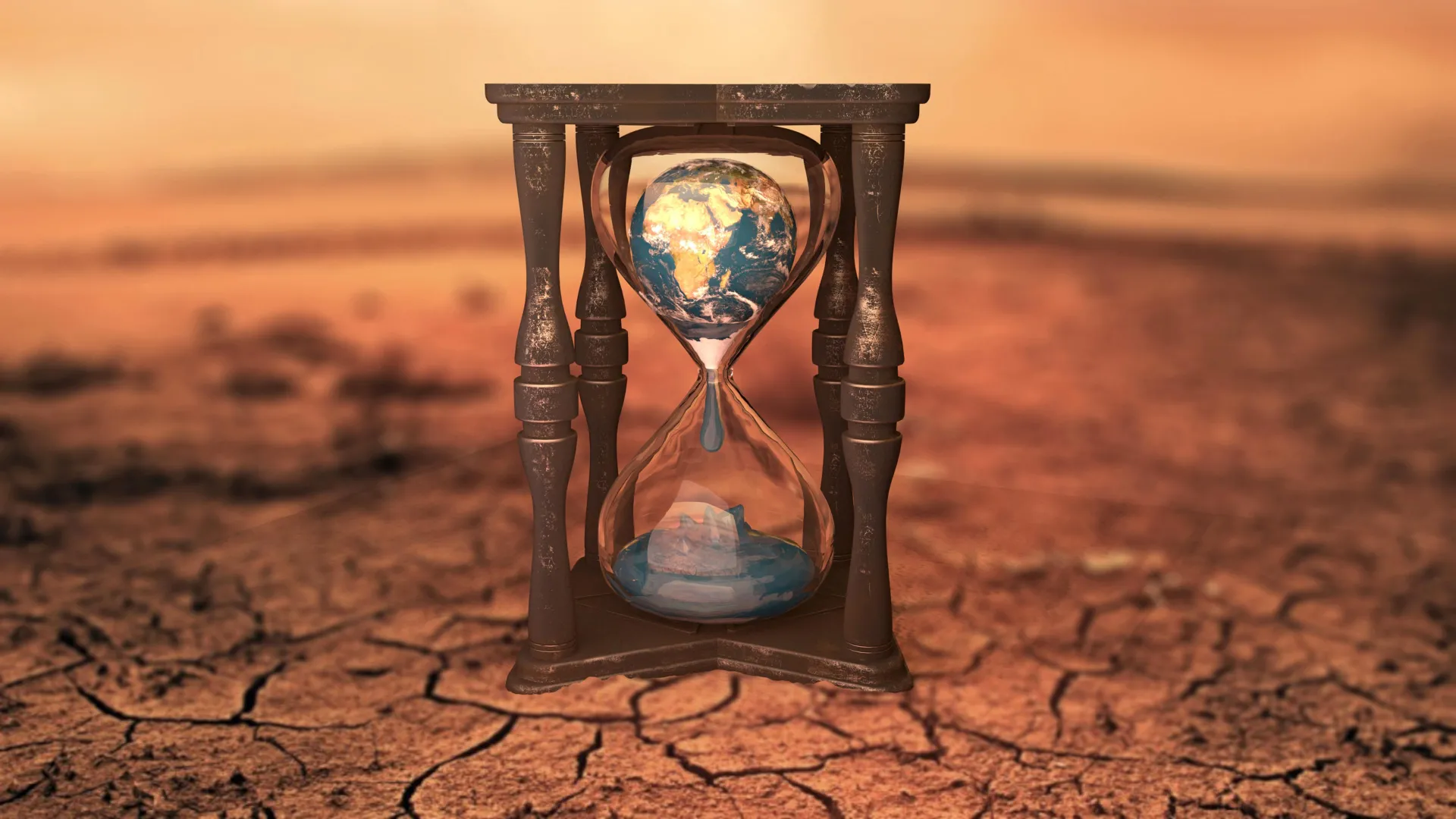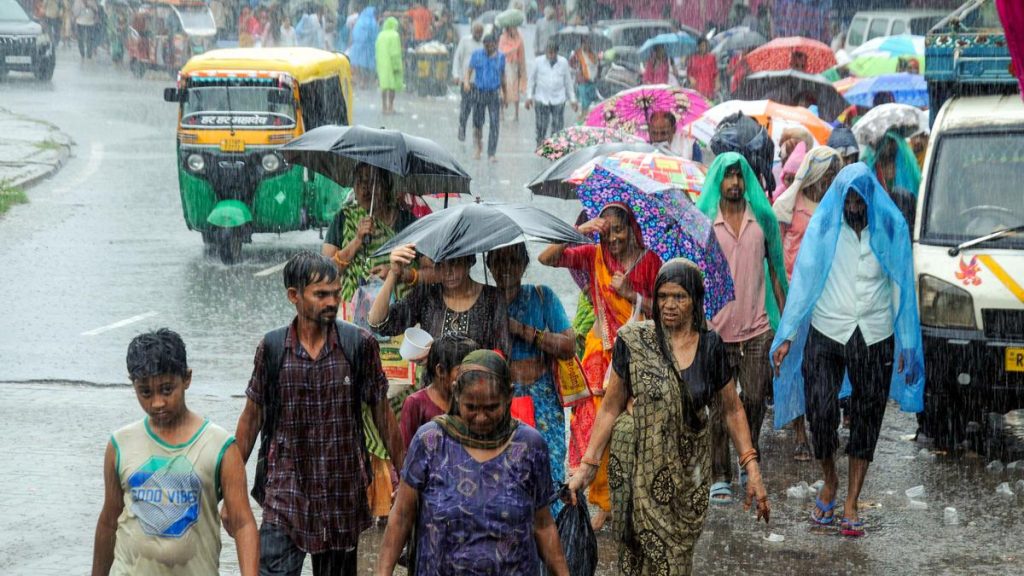Now Reading: India Faces Urgent Climate Deadline: Carbon Budget for 1.5°C Nearing Exhaustion
-
01
India Faces Urgent Climate Deadline: Carbon Budget for 1.5°C Nearing Exhaustion
India Faces Urgent Climate Deadline: Carbon Budget for 1.5°C Nearing Exhaustion

Quick Summary:
- Latest study in Earth System Science Data warns the remaining carbon budget for 1.5°C warming is 130 billion tonnes of CO2, expected to be depleted within three years at current emission levels.
- Global average temperature rise in 2024 was observed at 1.52°C above pre-industrial levels, mainly due to human activities (1.36°C attributed).
- Human-caused warming increased by approximately 0.27°C per decade (2015-2024), with global heating rates doubling as the 1970s and leading to record extreme temperatures over land areas.
- Annual greenhouse gas emissions reached an all-time high over the past decade, releasing around 53 billion tonnes of CO2 equivalent yearly through fossil fuel consumption and deforestation.
- Climate-induced sea-level increase from 2019-2024 accelerated to ~26 mm-a rate more than double that observed during the early twentieth century-posing meaningful threats to coastal communities and ecosystems.
- Ocean heat storage has intensified due to excess energy from greenhouse gases, causing ocean warming and contributing further to extreme weather patterns globally.
Indian Opinion Analysis:
The findings presented underline the urgency for India-and indeed all nations-to intensify climate action measures as global temperatures edge closer toward critical thresholds set by international agreements like the Paris Accord. For India, a nation vulnerable due to its extensive coastline, agriculture-dependent economy, and sizable population residing near risk-prone areas, rising sea levels and erratic precipitation patterns could exacerbate socioeconomic challenges such as food insecurity and displacement.
With human activity remaining a dominant force behind climate change-as evidenced by studies attributing nearly all recent temperature increases-and emission figures higher post-pandemic recovery periods (e.g., aviation resumption), there’s a pressing need for multi-sectoral reforms involving renewable energy adoption alongside stricter checks on deforestation practices.
Moreover, accelerating climatic impacts will require both mitigation strategies aimed at net-zero goals as well as adaptation plans focused on safeguarding key infrastructure against natural disasters increasingly linked with climate variability. India’s leadership role in international cooperation efforts-like COP summits-could enable broader regional progress while allowing domestic advancements in clean technology development beneficial long-term economically.
Read more: Science Daily Article
























